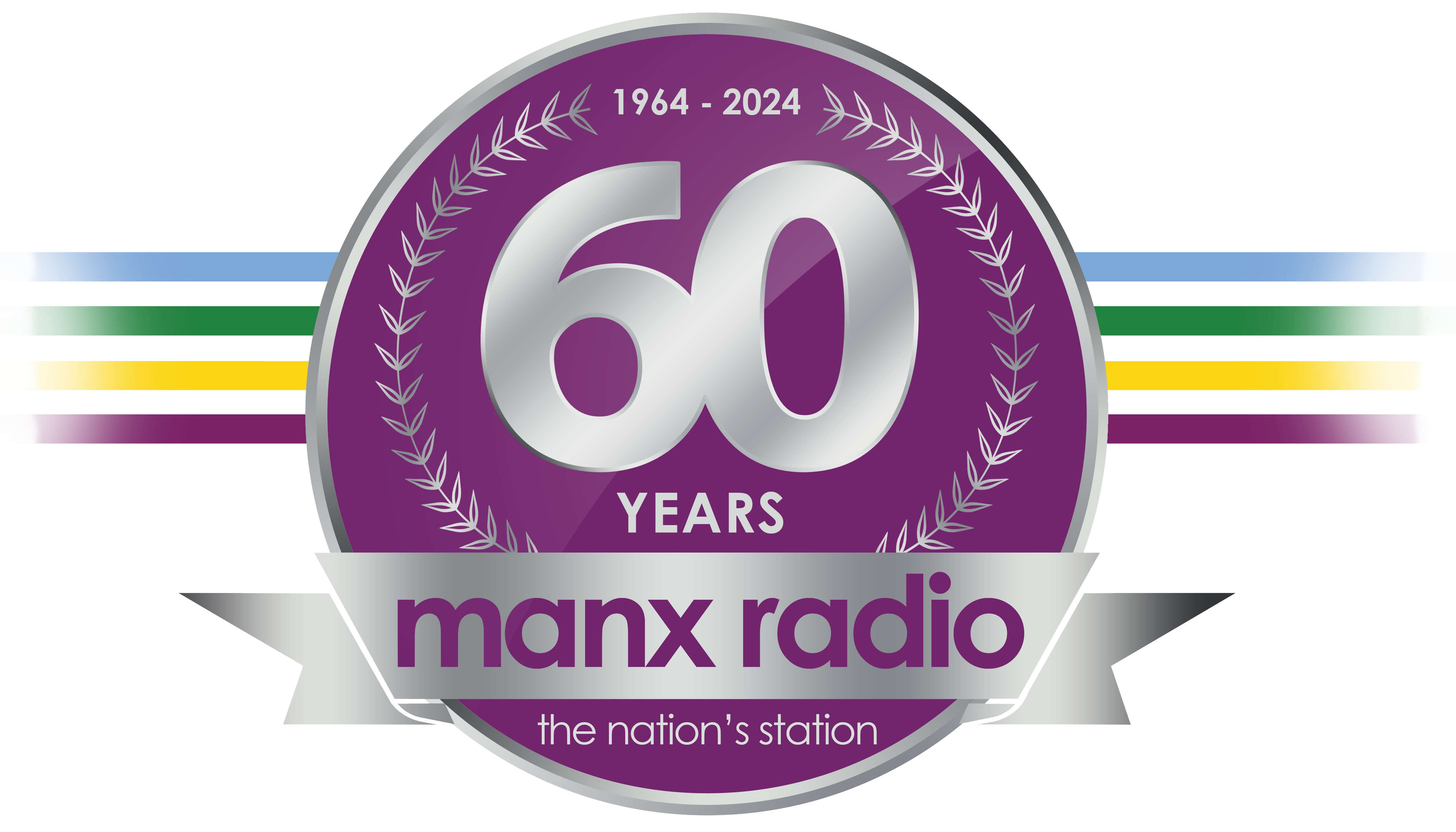
In the Chinese city of Changsha in Hunan province, a giant stone head of the country's founding father, Mao Zedong, as a young man, looms larger than life.
This is a major pilgrimage site for Chinese and it's been busy with tourists this week paying homage to the late Chairman Mao.
Today the country celebrates 75 years since the People's Republic of China (PRC) was founded.
Despite its enormous strides in lifting millions of people out of poverty, building the world's second largest economy and becoming a global rival to the United States, China is facing significant challenges.
Retired worker Mrs Zhou complains she's afraid to get sick because life has become so expensive: "I really hope that our country can be rich and strong, but to be honest words are empty while money in our hand is real."
An economic shot in the arm
It's no secret that since China's draconian COVID restrictions were lifted, its economy has struggled to return to its era of double-digit growth.
There was no post-pandemic boom in consumer spending, if anything many Chinese have remained fearful about the country's economic future, cautiously saving money rather than spending it.
Until last week the government appeared reluctant to introduce a major economic stimulus package.
Now it's gone all in with a bold new plan that includes interest rate reductions for new and existing mortgages and stimulating the stock market.
It seems to have done the trick, at least for now. On Monday, Chinese stocks posted their biggest single-day gains in 16 years.
International media coverage of China's economy, which had been stubbornly negative, now includes talk about "stocks soaring" and "heading for a bull market".
Still, when it comes to the real estate sector China has a massive juggernaut to turn around. It's blighted by miles of empty flats and unfinished homes.
Global economist and author of The New China Playbook: Beyond Socialism and Capitalism, Keyu Jin says the stimulus is a signal that the government's "focus is now squarely back on growth" but she believes a "bigger stimulus" is needed that "gets into the hands of households and consumers".
Keyu Jin also argues that restrictions on buying property in China's most prosperous "first tier" cities like Beijing and Shanghai should be loosened to unleash another buying boom.
Jin worries that if the government under President Xi Jinping tilts too far towards national security over the economy, the slowdown will last longer.
"The real question is, will growth be front and centre in the political agenda? Is economics going to drive politics or the other way around?" Keyu Jin asks.
Great power competition
Gone are the days of seeing China's economic "opening up" to the world as part of its long-term shift towards a more liberal political model.
The narrative around China's relationship with the West is one of strategic competition and growing rivalry.
Chinese President Xi Jinping's position is unequivocal. He says the self-governing island of Taiwan's reunification with the motherland is an "historical inevitability" and that the issue cannot be passed from generation to generation.
His aim is to dominate the South China and East China Sea, and to offer an alternative to the US-led world order.
China continues to support Russia economically, it props-up North Korea and deals with Iran.
President Xi insists he wants peace and stability, a "multi-lateral" international order that is not dominated by the US, and the right to develop the economy.
At a reception in Beijing on Monday night, Xi said: "In advancing Chinese modernisation we must adhere to the path of peaceful development."
"We will always stand on the right side of history and human progress" and "do our best to promote world peace and tranquillity and human progress", President Xi said.
Read more from Sky News:
Satellite images show China's new nuclear submarine sinking
Cheese dating back 3,600 years found in Chinese tomb
Destruction of Ai Weiwei artwork a 'reckless and senseless' act of vandalism
There are dozens of countries in the global south who are receptive to China's leadership, others are playing off both the US and China to get the best deal they can, and a handful of countries, like the Philippines and Japan, are confronting China's coast guard and military.
Associate fellow in Chinese geopolitics at the Council on Geostrategy, Gray Sergeant, says as China becomes more assertive in the Indo-Pacific, regional players are "leaning towards the US".
Mr Sergeant says countries like the Philippines and Vietnam see China under President Xi Jinping as a "growing threat and they want US leadership in the region".
In the city of Shaoshan, where Mao Zedong was born, a former member of China's military, Zhang Xihua, was full of confidence in his country's future: "After 25 years, China will be the number one superpower.
"Just like our Chairman Mao said, 'make each step steadily, and gradually we will make ourselves strong'."

(c) Sky News 2024: From Mao to modern superpower: The 75-year rise and rise of the People's Republic of China


 Israel's march into Lebanon felt inevitable - but they will want to avoid full-scale invasion
Israel's march into Lebanon felt inevitable - but they will want to avoid full-scale invasion
 Israel conducting limited, localised and targeted raids inside Lebanon, its military says
Israel conducting limited, localised and targeted raids inside Lebanon, its military says
 81-year-old model takes part in Miss Universe Korea pageant
81-year-old model takes part in Miss Universe Korea pageant
 Naked Donald Trump statue near Las Vegas branded 'deplorable'
Naked Donald Trump statue near Las Vegas branded 'deplorable'
 Thailand: School bus catches fire outside Bangkok with 25 feared dead
Thailand: School bus catches fire outside Bangkok with 25 feared dead
 Mech Dara, reporter who exposed human trafficking in cyber scamming, arrested in Cambodia, rights groups say
Mech Dara, reporter who exposed human trafficking in cyber scamming, arrested in Cambodia, rights groups say
